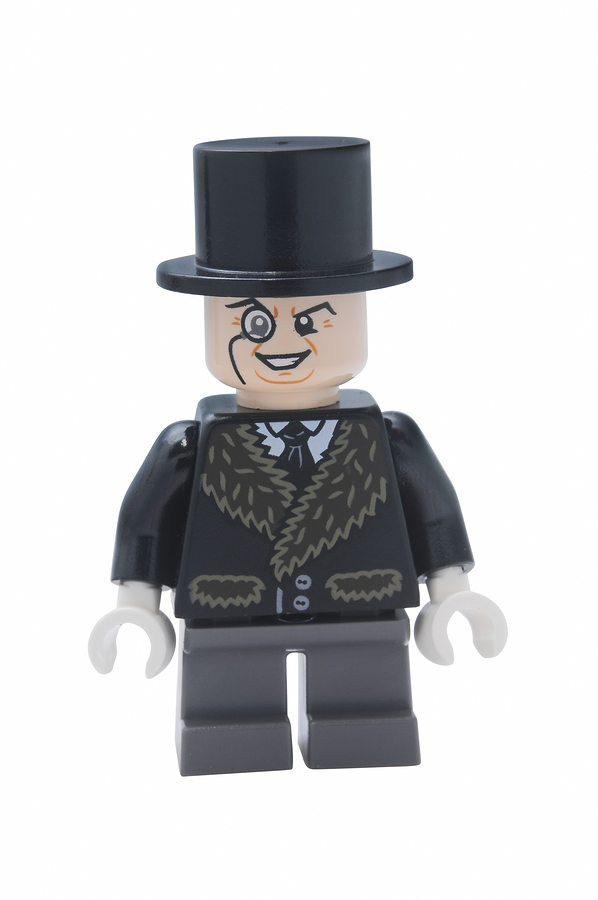Netflix-Lite Dream Merchant Wants to Make You a TV Millionaire

©2015 Bloomberg News
NUU32K6KLVRL
(Bloomberg) — Got an idea for a television show? Israeli Alon Dolev might just be your man.
As chief executive officer and co-founder of the Tel Aviv- based TV Format Fund, Dolev, 43, has about $50 million to invest over the next five to seven years. The fund has just made its first investment outside Israel, injecting money into a new show being developed by the co-creators of “Who Wants to Be a Millionaire” and “The Weakest Link.”
“I just need one hit,” Dolev said in an interview in Dublin last week after the MediaCon event, estimating that a successful idea can generate about $20 million to $30 million a year in royalties. As the 25-year media veteran spoke, a gaggle of Irish hopefuls waited to pitch him formats. “Content is a commodity.”
Dolev’s scale puts him on the outskirts of a global battle for content. Amazon.com Inc and Netflix Inc. spent more than $4 billion alone last year to license content, according to Bloomberg Intelligence figures. Yet Dolev’s fund, which he believes is the first of its kind, faces a struggle in a world where it’s notoriously hard to score a commercially successful hit.
“Their business model does seem unusual,” said Paul Sweeney, an analyst at Bloomberg Intelligence. “That said, Hollywood has long attracted unusual sources of capital from Japanese conglomerates to wealthy individuals looking to enter the film and TV business. Most leave town empty-handed.”
So far, the fund has invested in 13 different formats, spending around $3 million. That includes an investment in a show called “The Shortest Straw,” being developed by U.K.-based production company Boxatricks. In a nod to the global ambitions of such shows, Boxatricks produced both an English and Spanish pilot.
Think Globally
Dolev started his career in 1990, producing radio shows for Israeli soldiers. He helped found Galgalatz radio station, and went on to work at Israel’s Channel 2, one of the country’s two commercial television stations, where he worked on shows including “The Price is Right,” until 1997.
At that point, he started his own company, and for the next 16 years, worked at financing shows with advertisers and by placing products in programs such as “Survivor.” He noticed a shift as producers started to think globally.
“In 2008, something changed,” Dolev said. “Creators came to my office asking for a budget to create a new show and sell it worldwide. I started to look at the market.”
With partner Rubicon Business Group, an Israeli holding company, he helped launch the fund 18 months ago after realizing that many television producers had moved into technology start- ups because content finance dried up following the 2008 global economic crash.
Royalty Income
Dolev works with production companies that need cash to develop a format intended for sale globally. The fund puts up the finance in return for a stake in the format’s copyright, and Dolev tells potential investors that financing a format is akin to buying real estate. While a building throws off rental income, a successful format generates royalties.
“When I started, a lot of investors didn’t understand what the hell I was talking about,” he said. “Now, with Netflix, OTT, there’s a lot of buzz, they feel the market is hot.” OTT is over-the-top content, where shows are delivered online.
“It’s a numbers game,” said Dolev, who aims eventually to sell shares in the fund. “You need failures to get big successes.”
Still, whether a small fund can sustain such failures to get to the successes remains to be seen, according to Sweeney.
“Investing in film and TV production historically has been a high risk, high-reward endeavor,” said Sweeney. “That is why most studios are owned by large diversified media companies like Disney, Time Warner and Viacom.”
To contact the reporter on this story: Dara Doyle in Dublin at ddoyle1@bloomberg.net To contact the editors responsible for this story: Heather Harris at hharris5@bloomberg.net Celeste Perri, Kim McLaughlin







No Comment